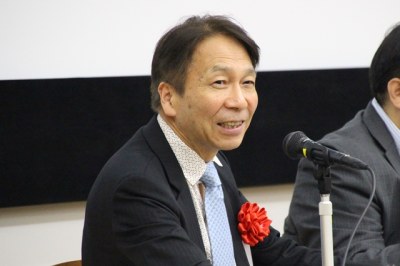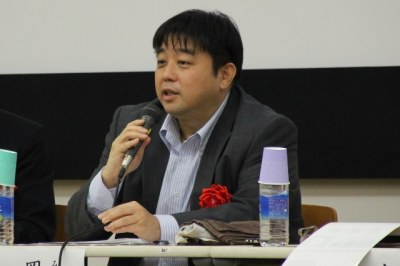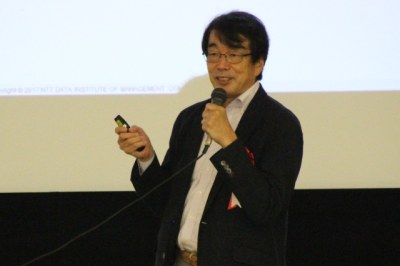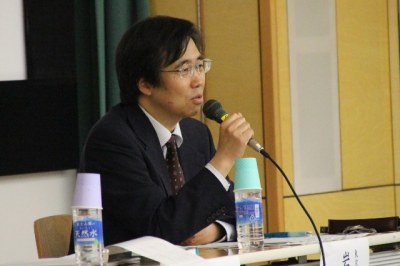

NEWS
2017.07.04
On Saturday, July 1, 2017, Seijo University’s Institute for Economic Studies held its 83rd symposium, titled “What Should Japan be Doing to Cope With the World of 2050?” The symposium commemorated the institute’s 30th anniversary and Seijo Gakuen Education’s centenary.
“What Should Japan be Doing to Cope with the World of 2050?”

In the first part of the gathering, Kazumasa Iwata communicated the main theme; then, the panelists delivered presentations. In the first presentation, Iwata surveyed five global forecasts for 2050 and highlighted seven issues, including depopulation, climate change, technological innovation (e.g., AI), the risk of financial crises, and geopolitical trends. The presentations from the other panelists discussed Japan’s challenges and outlook with respect to demographic trends, IT innovation, and economic policy.
The second part consisted of a panel discussion. The panelists offered their expert insights on demographic issues (including immigration and the shrinking birthrate), fiscal systems, social welfare, and technological innovation. Thus, the symposium delivered a hard-hitting message: Conventional systems are no longer suited for coping with the dramatic changes occurring around the world, including changes in economic and social trends, and in the ecological environment.

Kazumasa Iwata

Yutaka Okada

Kenzo Yamamoto

Yasushi Iwamoto